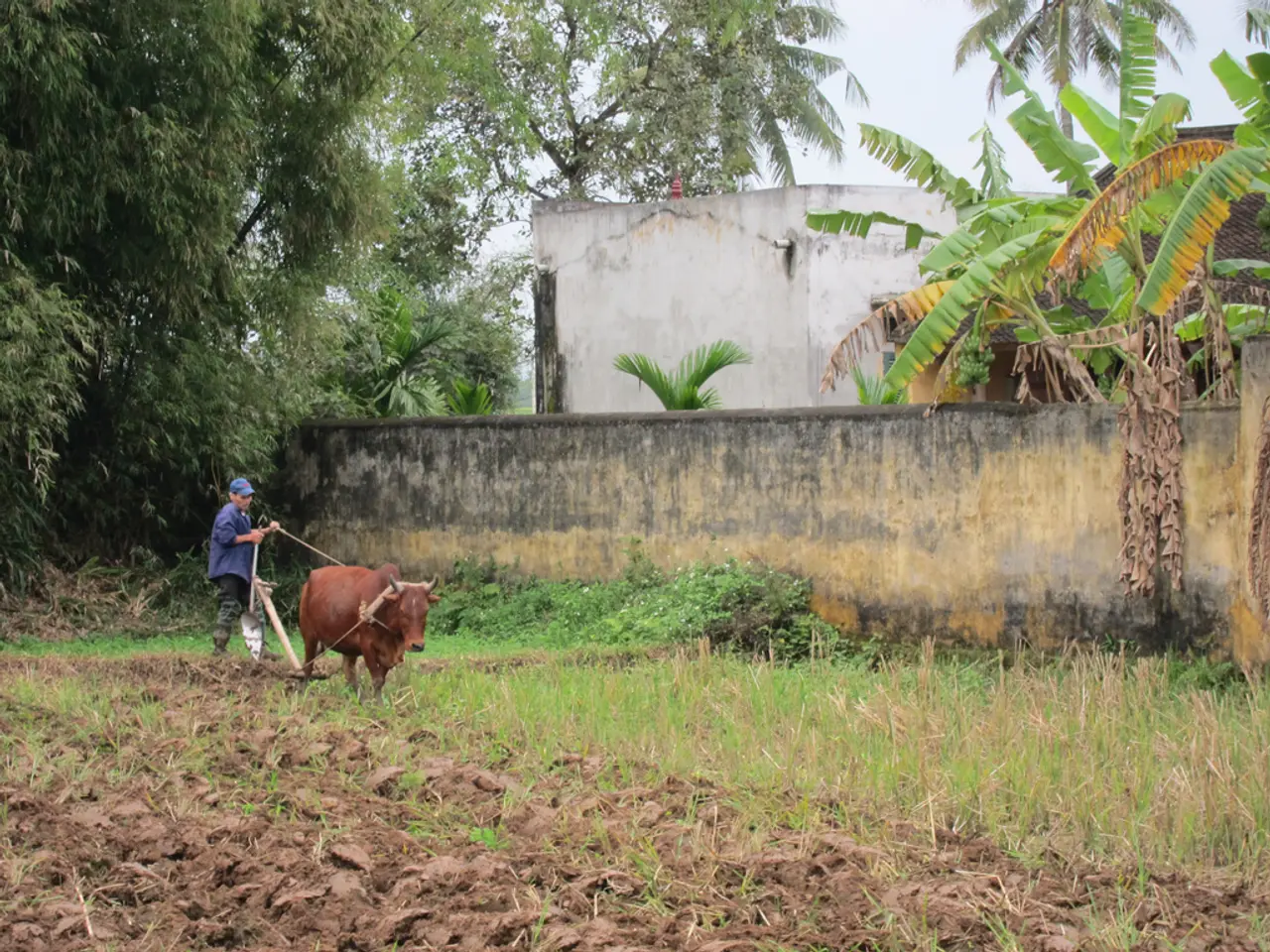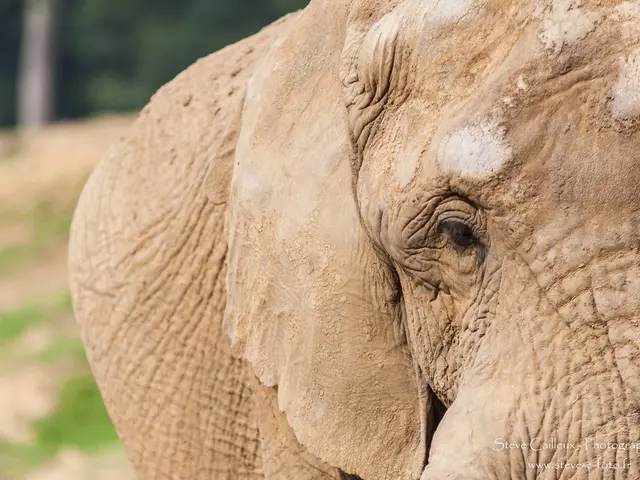Indigenous Rights Pivotal in Sustainable Biotechnology
Indigenous communities, with their intricate understanding of local ecosystems and genetic resources, play a pivotal role in sustainable biotechnology practices. However, their rights and knowledge have often been overlooked, sparking international efforts to protect and respect their contributions.
The Nagoya Protocol, a key agreement under the Convention on Biological Diversity, aims to address this imbalance. It mandates biotech companies to seek indigenous communities' consent before accessing their genetic resources. This protocol promotes fair sharing of benefits, ensuring indigenous communities' rights are upheld.
Respecting indigenous communities' perspectives is crucial in the biotechnology landscape. It intersects scientific innovation with cultural heritage and traditional knowledge. Historically, colonization undermined indigenous communities' rights, but progress has been made, such as the adoption of the UN Declaration on the Rights of Indigenous Peoples in 2007.
However, the advancement of biotechnology has raised concerns about the appropriation of indigenous communities' knowledge and biological diversity. Continued dialogue and collaboration between biotech sectors and indigenous communities are vital for sustainable practices and the protection of indigenous communities' rights.
As biotechnology continues to advance, understanding its implications for indigenous communities becomes increasingly important. Respecting their profound understanding of ecosystems and their rights, as outlined in the Nagoya Protocol, is essential for developing sustainable practices and ensuring justice in the biotechnology landscape.








